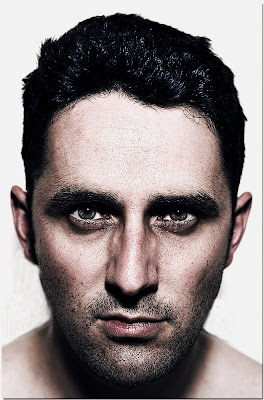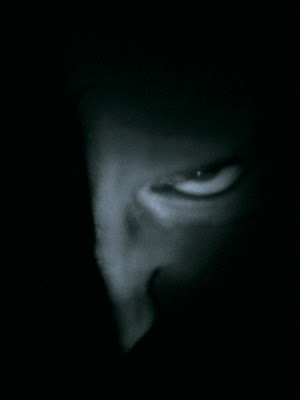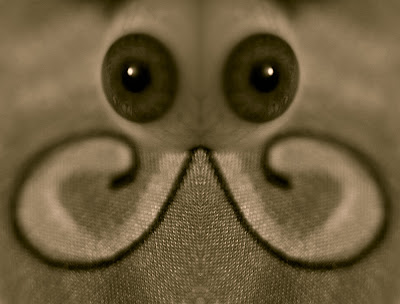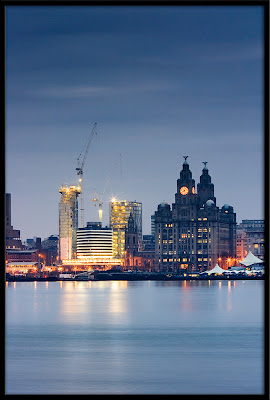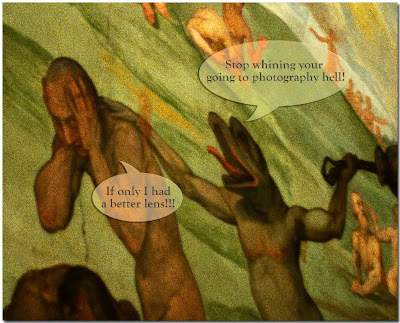
The virtue of the camera is not the power it has to transform the photographer into an artist, but the impulse it gives him to keep on looking.
- Brooks Atkinson, 1951, "Once Around the Sun"
My series of photography sins is at an end. I hope you have enjoyed them. I've put links to them all here so it's easy to bookmark should you want to do so. The time has come now to stop being negative and get down of my soap box. There will soon follow a more positive series covering the seven corresponding virtues of photography.
Envy - The belief that that the camera makes the image not the person. Compounded by the delusion that better cameras make you a better photographer.
Gluttony - The foolish belief that if some equipment is good then more is better. The technical obsessive without a creative soul.
Greed - Photographers with the delusion that they must impede other photographers. They resenting the success of other creative people and see them as a threat.
Lust - The desire to mimic another photographer or artist that is so strong it destroys your own creative personality.
Pride - The mistaken belief that you know best and are the best photographer in the universe. When in reality your report card might read "Must try harder".
Sloth - The belief your failure to set the world on fire with your images is due to factors other than you making no effort whatsoever.
Wrath - Creative impatience and self delusion taken out on other people in a negative, intolerant angry way.
